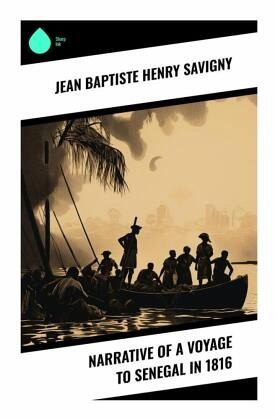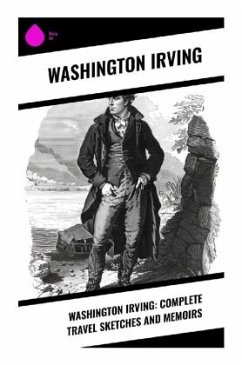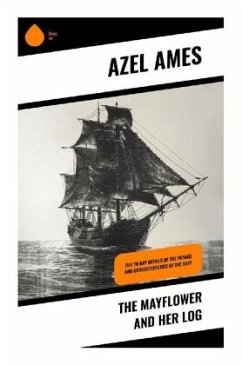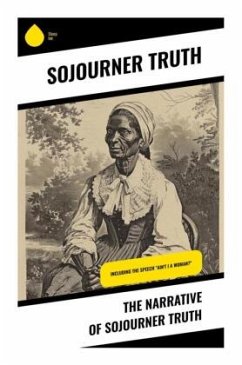
Narrative of a Voyage to Senegal in 1816
Versandkostenfrei!
Versandfertig in 6-10 Tagen
9,90 €
inkl. MwSt.
Weitere Ausgaben:

PAYBACK Punkte
0 °P sammeln!
In "Narrative of a Voyage to Senegal in 1816," Jean Baptiste Henry Savigny presents a compelling account of his expedition to West Africa, combining meticulous observations with rich descriptive prose. The text encapsulates the complexities of intercultural encounters during the early 19th century, marked by colonial ambitions and the burgeoning interest in African resources. Savigny's narrative integrates elements of travel writing, ethnography, and natural history, reflecting the Enlightenment's thirst for knowledge. His detailed observations of Senegal's landscapes, societies, and flora and...
In "Narrative of a Voyage to Senegal in 1816," Jean Baptiste Henry Savigny presents a compelling account of his expedition to West Africa, combining meticulous observations with rich descriptive prose. The text encapsulates the complexities of intercultural encounters during the early 19th century, marked by colonial ambitions and the burgeoning interest in African resources. Savigny's narrative integrates elements of travel writing, ethnography, and natural history, reflecting the Enlightenment's thirst for knowledge. His detailed observations of Senegal's landscapes, societies, and flora and fauna reveal a deep engagement with both the environment and indigenous cultures, providing a rare historical glimpse into a region often overshadowed by European narratives of conquest and exploitation. Savigny, a prominent French naval officer and naturalist, was influenced by the prevailing sentiments of exploration and scientific inquiry of his time. His background in the naval service and dedication to the study of natural history equipped him with the tools necessary for keen observation and analysis. Savigny's experiences in Senegal not only shaped his career but also enriched the scientific community's understanding of a region away from the European gaze, emphasizing the value of diverse perspectives in the quest for knowledge. This narrative is a must-read for those interested in the intersections of travel, colonialism, and ethnographic studies. Savigny's insights serve as an invaluable resource for historians, anthropologists, and armchair travelers alike, offering a nuanced perspective that challenges conventional views of 19th-century Africa. Readers will find themselves transported to a world that is both vividly descriptive and intellectually stimulating, inviting them to reflect on the complexities of cultural dialogue.













